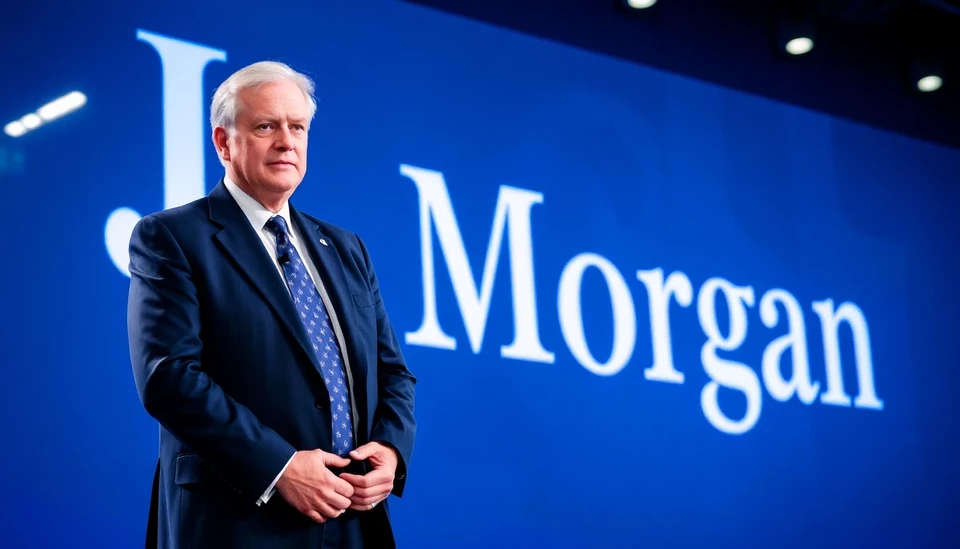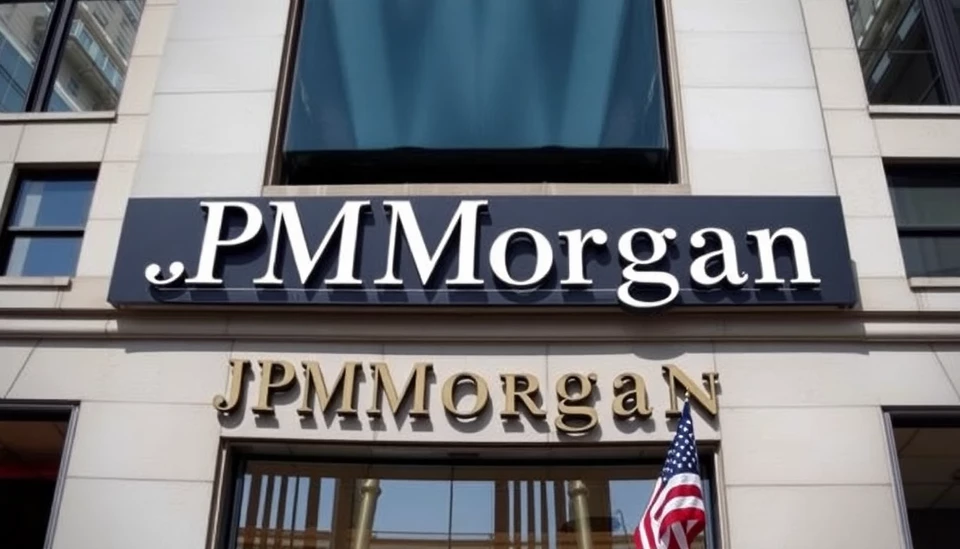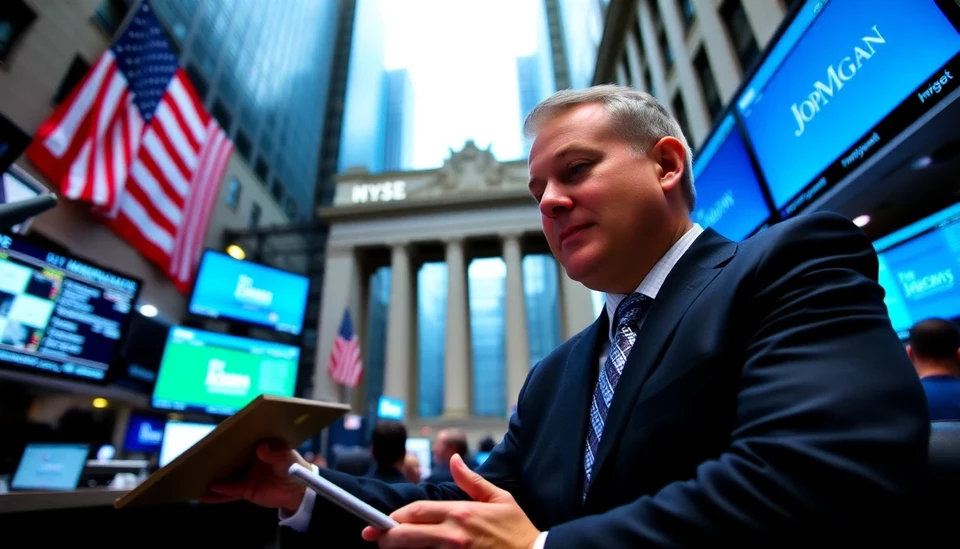
JPMorgan Chase & Co. is signaling a renewed interest in the physical trading of liquefied natural gas (LNG) as CEO Jamie Dimon commends the sector’s potential financial benefits. Following an impressive bounce-back in commodity markets, particularly in energy, the bank is keen to capitalize on favorable market conditions.
After years of cautious maneuvering in the LNG space, the investment banking giant is now contemplating a robust return to physical trading. This pivot comes on the heels of a burgeoning market climate that favors long-term investments in energy commodities amidst global shifts in energy demand and supply.
In a recent statement, Dimon highlighted that the LNG industry is witnessing a transformative phase, driven by both geopolitical factors and evolving energy policies. He underscored the significance of LNG as a reliable energy source amid the global transition towards more sustainable energy solutions.
Dimon’s remarks come timely as LNG prices have stabilized after a period of volatility, with a revitalized appetite for natural gas due to Europe’s ongoing dependency on imported fuels. The impact of these dynamics has led JPMorgan to reassess its strategies in the energy commodity sector, especially in light of the current supply-demand equilibrium and increased trading volumes.
Historically, JPMorgan has dipped its toes in the LNG trading waters but has largely steered clear of the physical market, focusing instead on derivatives and financial instruments. However, the recent optimism among investors and major corporations about LNG’s role in the global energy portfolio has prompted the bank to rethink its stance.
Industry analysts suggest that JPMorgan’s potential re-entry into physical LNG trading could reshape market dynamics, especially considering the bank’s substantial financial muscle and expertise in commodity markets. The bank’s historical experience and robust trading infrastructure could provide it with a strategic edge over its competitors in the fast-evolving LNG landscape.
Furthermore, the shift toward physical LNG trading would mark a significant strategic pivot for JPMorgan, potentially opening avenues for new partnerships and collaborations within the energy sector. As traditional energy companies evolve and explore additional revenue streams, the timing for JPMorgan’s reinvestment in LNG trading could prove pivotal in preempting market trends.
As JPMorgan continues to evaluate its strategy, all eyes remain on its next steps in the LNG market, which is experiencing unparalleled global interest and investment. With global demand for cleaner energy sources rising, the bank is poised to reevaluate not only its trading strategies but also its overall presence in the energy market.
Market participants are eager to see how JPMorgan's renewed focus on physical LNG trading could influence energy trading paradigms and investment strategies across the board. The bank's strategic decisions in the coming months could have far-reaching implications within the broader energy sector.
As this story unfolds, observers within the financial and energy industries alike will be scrutinizing JPMorgan's actions, gauging the potential ripple effects of its renewed interest in one of the world’s key commodities.
#JPMorgan #LNG #EnergyTrading #JamieDimon #NaturalGas #CommodityMarket #InvestmentStrategy #MarketTrends #SustainableEnergy
Author: Samuel Brooks




